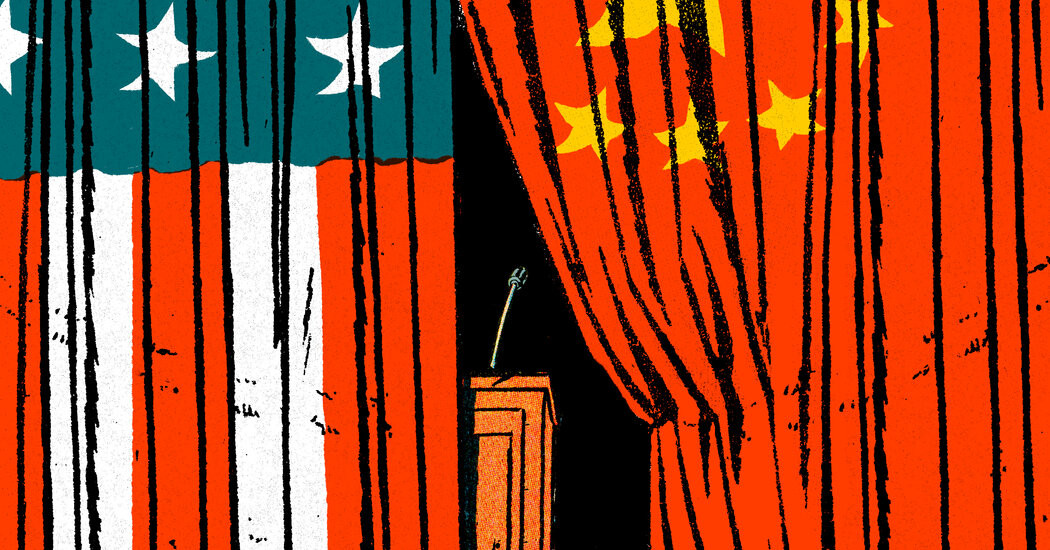

America’s rivals celebrated as the Trump administration set out to dismantle its global influence and information infrastructure, including the media outlets that had helped market the United States as the world’s moral and cultural authority.
The editor in chief of RT, the Kremlin-backed news network, crowed about President Trump’s “awesome decision” to shut down Voice of America, the federally funded network that reports in countries with limited press freedom. “Today is a holiday for me and my colleagues!”
Hu Xijin, a former editor in chief of China’s state-run outlet Global Times, wrote that the paralysis of Voice of America and Radio Free Asia was “really gratifying” and, he hoped, “irreversible.” A top aide to Prime Minister Viktor Orban of Hungary posted that he “couldn’t be happier” about the administration’s move in February to gut the agency that distributed foreign media funding. Officials in Cambodia and Cuba also welcomed the cuts.
In the months since, China, Russia and other U.S. rivals have moved to commandeer the communications space abandoned by the Americans. They have pumped more money into their own global media endeavors, expanded social outreach programs abroad and cranked up the volume when publicizing popular cultural exports.
Foreign policy experts say the Trump administration is not just losing its grip on the global megaphone but handing it off to its eager adversaries. In doing so, they said, the United States is relinquishing its primacy as a global influencer and neglecting its defenses against the damaging narratives and disinformation that could fill the vacuum.
“What we’re doing, in a sense, is playing into their hands,” said Catherine Luther, a professor at the University of Tennessee, Knoxville, who has studied Russian influence. “These states tend to be the leaders in creating the playbook for other countries to use.”



